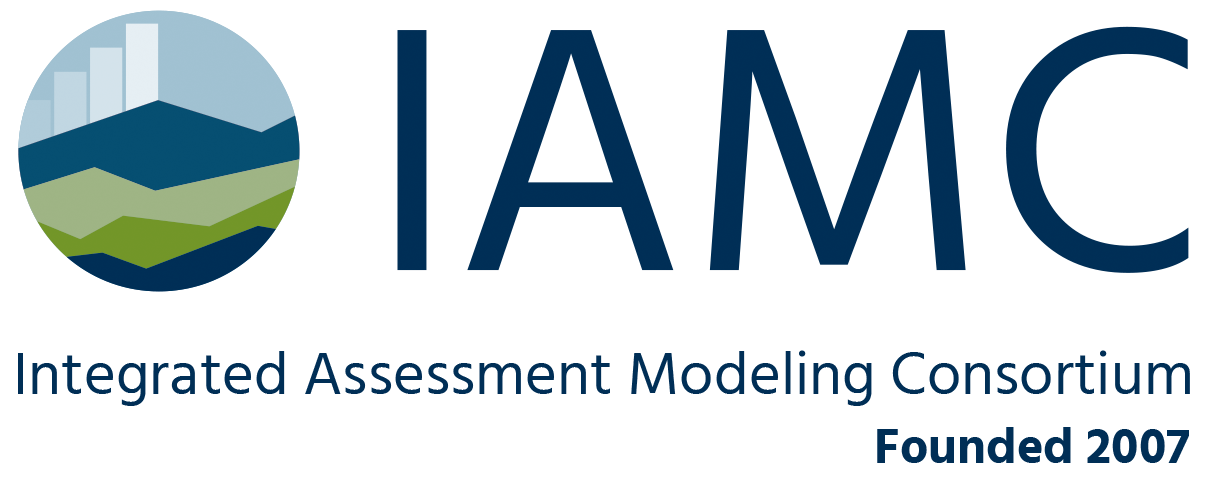What Works Climate Solutions Summit – Call for Abstracts and Sessions
With little room for delay and error in delivering climate solutions, understanding what climate policies and actions work, under what conditions, for whom, and why is critical. The What Works Climate Solutions Summit is a high-level conference for evidence-based climate policy. Its aim is to facilitate rigorous evidence synthesis (systematic reviews, systematic maps/evidence gap maps, etc.) work and ex-post evaluations of climate policies in collaboration among experts, science assessment bodies, policymakers, funders and stakeholders. This summit will play a role in supporting upcoming climate assessments, such as the IPCC’s 7th Assessment Report, the UNEP Emissions Gap Report, and the Lancet Countdown, while building evidence synthesis capacity.
Conference Themes
Abstracts outlining conference contributions to presentation or poster sessions related to the following overarching themes, but not limited to, are invited:
- Climate Policy (Instrument) Evaluation
This theme focuses on assessing different outcomes of climate policies and instruments implemented at local, national, or international levels to address climate change and meet multiple goals such as mitigation targets, adaptation needs, and sustainable development goals.
- Climate Solutions and Health
Work focused on the intersection between climate solutions and health, examining how strategies to mitigate and adapt to climate change can have positive or negative effects on human well-being and health outcomes.
- Climate Solutions for Cities and other Human Settlements
This theme covers evaluating approaches and strategies for creating sustainable, resilient, and climate-friendly urban environments, while also engaging with challenges of informality, inequality, built infrastructure, and nature-based solutions among other things.
- Climate solutions for Land Use
This session will examine evidence on both impacts of common land use practices on greenhouse gas (GHG) fluxes and the effectiveness of potential solutions for reducing GHG emissions and increasing carbon capture and storage whilst maintaining biodiversity and food security.
Research Topics
Conference contributions should focus on one or more of the following specific topics:
- Evidence-based policy addresses the use of rigorous evidence for informing climate policy:
-
- Evidence synthesis for climate change assessments
- Evidence to policy and practice; implementation science
- New approaches to evidence-based policy (e.g. living evidence; review ecosystem)
- Knowledge translation
- Climate solutions focuses on the assessment of what works, under what conditions, for whom, and why in climate change mitigation and adaptation.
-
- Sectoral interventions (energy, transport, buildings, agriculture, food etc.)
- Behavioural interventions
- Cross-sectoral interventions
- Technology assessments
Research Methods
Contributions that address the conference themes and topics outlined above and apply the following methodologies are welcome:
- Policy (instrument) evaluations: Primary ex-post evaluations of outcomes of climate policies using rigorous methods – particularly experimental and quasi-experimental study designs.
- Evidence synthesis: Rigorous syntheses of climate policies comprising systematic maps, systematic reviews (including quantitative synthesis/meta-analysis, qualitative synthesis as well as mixed-methods synthesis) as well as novel methodological contributions such as living evidence, digital evidence synthesis methods or the use of machine-learning method for synthesizing evidence among others.
- Evaluations of future climate policies from model inter-comparisons and the analysis of broader collections of future climate policy scenarios.
More information visit the event website.
Submission deadline: 31 January 2024


